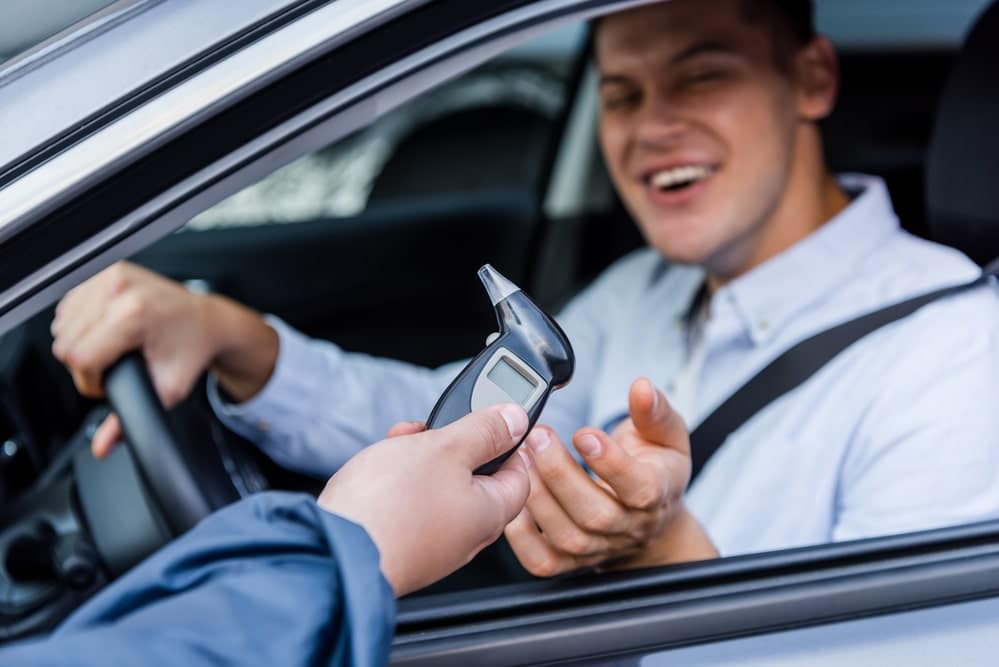If you blow under 0.08% in a DUI breath test in Maine, it may be jumping the gun to breathe a huge sigh of relief.
You may not be “free to go” because a drunk driving charge can still follow. A law enforcement officer can charge you with operating under the influence (OUI) even if you blow under .08 in Maine—and you can be convicted in a court of law.
Understanding your rights, obligations, and legal position when it comes to breath tests is essential if you ever drive after consuming any alcohol in Maine.
Call 207-571-8146 or contact us online to schedule a consult with one of our highly skilled criminal defense & OUI, DUI, DWI lawyers, serving Maine, today.
Table of Contents
Can you be charged with an OUI with a BAC under 0.08% in Maine?
Maine’s criminal OUI law states that an individual is guilty of OUI if, at the time of operation, the vehicle operator had a breath or blood alcohol concentration of .08 or more or was under the influence of intoxicants.
So, the OUI laws do not rely completely on BAC testing. Blowing over .08 is only one way that criminal charges can be laid against drivers. If, in the opinion of law enforcement, the driver was impaired due to intoxicants, an OUI charge can still be filed even if he/she blows .05%.
Being “under the influence” is taken to mean that the mental or physical faculties of the driver are impaired to any extent by intoxicants.
This surprises some drivers who are not fully across the drunk driving laws and expect to walk away after blowing under .08 on a breath test. Many drivers are still charged.
A breathalyzer reading that is over the legal limit makes it difficult for the driver to fight the OUI charge. However, for drivers charged without accompanying breath test results to support the police officer’s observations of impairment, a conviction is far more challenging for the prosecution. The case will be based on observations and the results of roadside sobriety tests, for instance.
In any OUI case, the experience of your criminal defense lawyer can make a big difference to the outcome, potentially saving drivers from the serious consequences of a drunk-driving conviction.
What if my blood alcohol concentration (BAC) is zero?
Police officers generally request a breathalyzer test to support their assertion of a driver’s impairment. In their minds, they have observed something in a driver’s behavior to suggest impairment to some extent.
So, if you are asked to take a test and blow zero, the next step is often to submit a blood or urine sample. Why? Because police officers believe that they’re never wrong. Why else would they have arrested you if they didn’t think you were drunk (or when you blow 0.00% you MUST be under the influence of SOMETHING!!!).
The police officer may request this to identify a suspected drug that caused the alleged impaired driving. Drugs could refer to either illegal recreational drugs or prescription drugs taken legally for a health condition (it is still illegal to operate a vehicle while impaired, even when you’re taking your prescription medication in accordance with your doctor’s recommendations).
Call 207-571-8146 or contact us online to schedule a consult with one of our highly skilled criminal defense & OUI, DUI, DWI lawyers, serving Maine, today.
What is a drug recognition expert in Maine?
A drug recognition expert (DRE) may be introduced into the investigation by law enforcement if something other than alcohol is suspected of causing a driver’s impairment.
DREs conduct urine or blood tests and are specially trained to assess drivers using a series of physical and behavioral tests. If requested of a driver, a police officer may tell you that compliance is mandatory under Maine OUI laws. However, that isn’t true. While you’re required to take a chemical test under Maine law, which includes breath, blood or urine screening, you’re not required to take physical tests.
After the results of all tests have been received, the DRE will determine the drug(s) they believe caused the suspected impairment. Law enforcement and the prosecution may put great stock in these tests when trying to secure a conviction, but the tests are complex, mistakes are often made, and readings can be inaccurate unless meticulous procedures are followed.
Can you refuse to blow into a breathalyzer?
One often-discussed strategy for drivers suspected of OUI is to refuse to take a breathalyzer test when requested to do so.
This could make it more difficult for the prosecution to secure a conviction, but Maine’s implied consent laws greatly complicate making such a decision.
If you are asked to perform a chemical test by a police officer who has probable cause to believe you operated a motor vehicle under the influence of intoxicants, Maine law says that you must comply.
Refusing a breathalyzer test can lead to heavy penalties including jail time, additional license suspensions, and higher fines. A conviction for OUI after refusing a chemical test will result in a mandatory minimum jail sentence—unlike a standard OUI conviction.
A police officer who pulls you over on suspicion of OUI has likely been trained to perform an OUI investigation. He or she may have observed some infraction in your driving (probable cause), may be wearing a body cam and recording, and will ask for your name, address, driver’s license, and insurance card.
You can refuse to answer any questions other than to identify yourself, but you have no legal right to refuse a chemical test (breath, blood or urine test) unless the police officer makes a mistake and fails to provide the statutory implied consent warning. Additionally, a legitimate medical reason may provide a driver with an actual defense to refusing a breath test.
Implied consent warning
A police officer in Maine must first inform the suspect that the refusal or failure to perform a test will:
- Result in the suspension of his/her driver’s license for up to six years (minimum 275 days)
- Be admissible as evidence in an OUI trial, and
- Be considered an aggravating factor at sentencing if he/she is convicted of OUI and may result in a mandatory minimum jail sentence.
The request for a breathalyzer test is likely to be made without you having the chance to consult with an OUI attorney, meaning that it’s best to understand your rights and obligations before you find yourself in this position.
You are not automatically deemed guilty of OUI by deciding to refuse a breath test or if you blow over 0.08%. At the Maine Criminal Defense Group, we will explore every viable defense available.
Moreover, your chances of having the case dismissed or downgrading the consequences greatly improve if you blow under .08.
If you need help defending against an OUI or any criminal charge in Maine, call The Maine Criminal Defense Group at 207-571-8146 for an initial case evaluation.
Call 207-571-8146 or contact us online to schedule a consult with one of our highly skilled criminal defense & OUI, DUI, DWI lawyers, serving Maine, today.
OUI Blog Articles
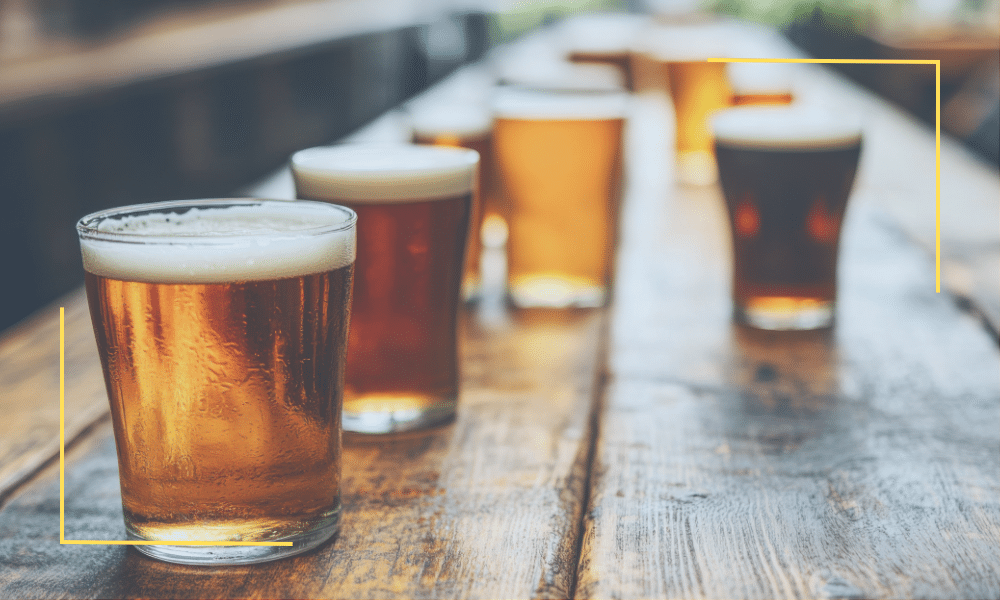
The Maine Liquor Liability Act (MLLA) provides for the recovery of damages against anyone who negligently or recklessly “serves” alcohol to a minor. However, that might be just the start[...]

A conviction for an OUI, DUI, DWI in Maine is accompanied by serious consequences, including heavy financial repercussions. Understanding the court-imposed fines is one thing, but the financial consequences can[...]

OUI cases in Maine usually start when a law enforcement officer pulls over a vehicle. From that point, many things can happen but if the officer even has a slight[...]
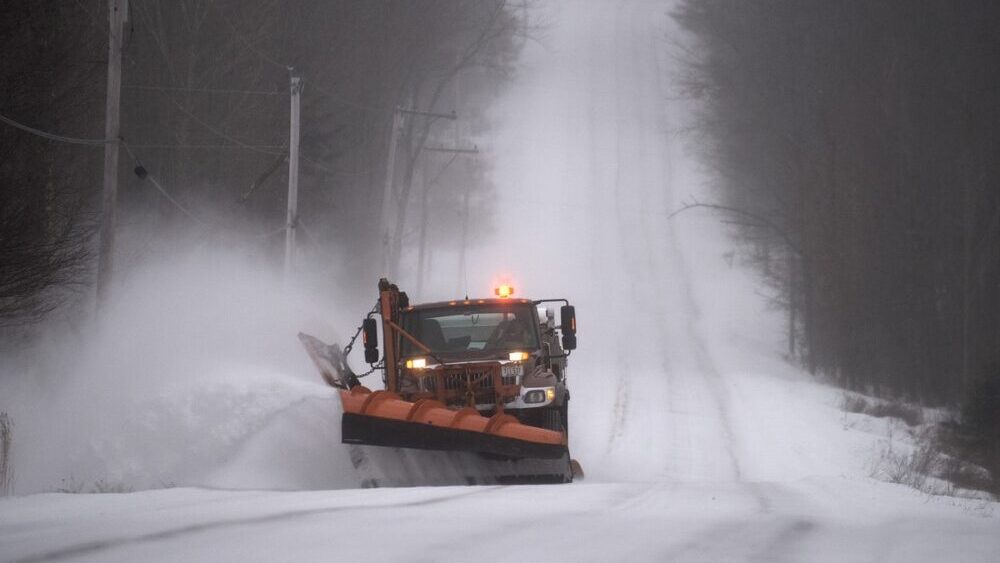
January 11th, 2025, in Skowhegan, Maine, a Maine Department of Transportation plow truck sustained a head-on collision caused by a drunk driver on Route 2, as reported by law enforcement.[...]

The tragic events of a fatal car crash in 2023 that claimed the lives of four young people have finally reached a pivotal legal outcome. Noelle Tavares, a former Maine[...]

In most states, there are many different places that the average person can take a driving course to satisfy court requirements as related to an DUI conviction. However, in the[...]
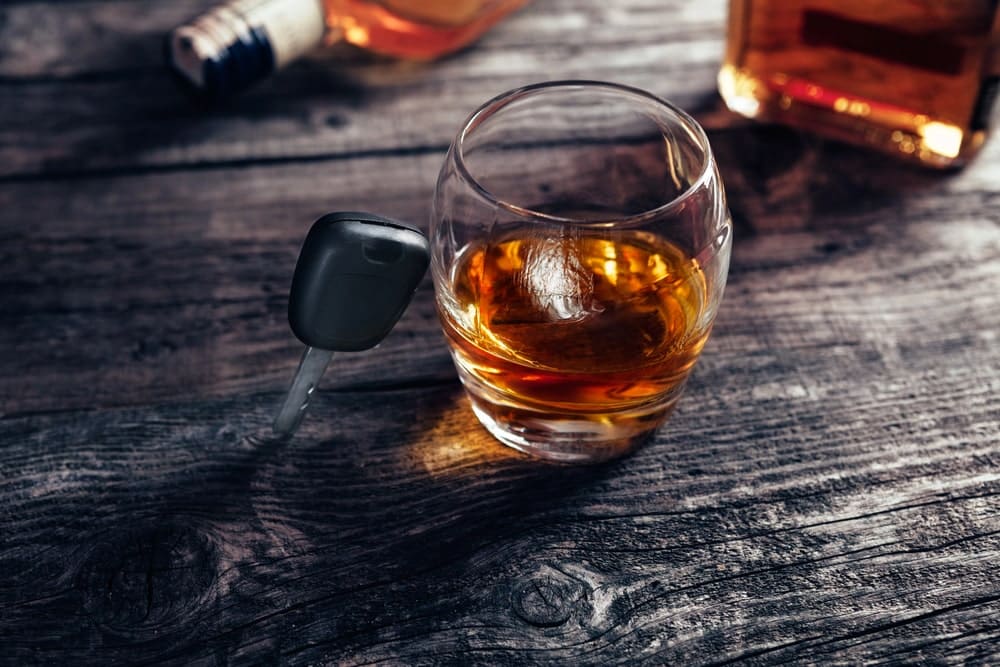
Defending against OUI offenses in Southern Maine Anyone charged with a 2nd OUI in Maine should expect little leniency from the criminal justice system. This makes it even more important[...]
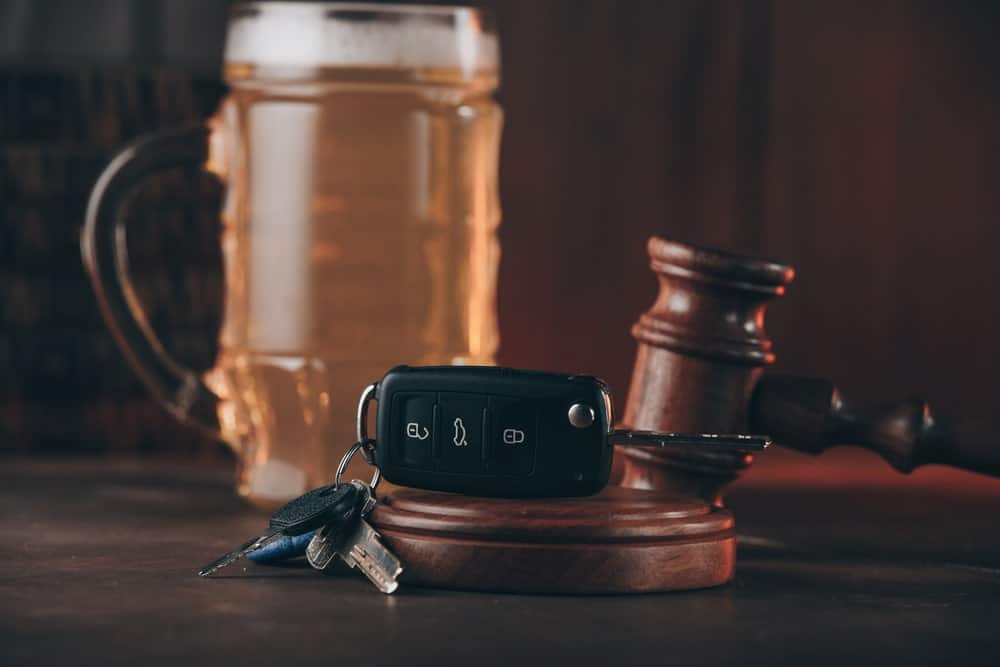
Defending against OUI Refusals in Southern Maine Did you know that it is a criminal offense to refuse to submit to a chemical test if lawfully requested to do so[...]
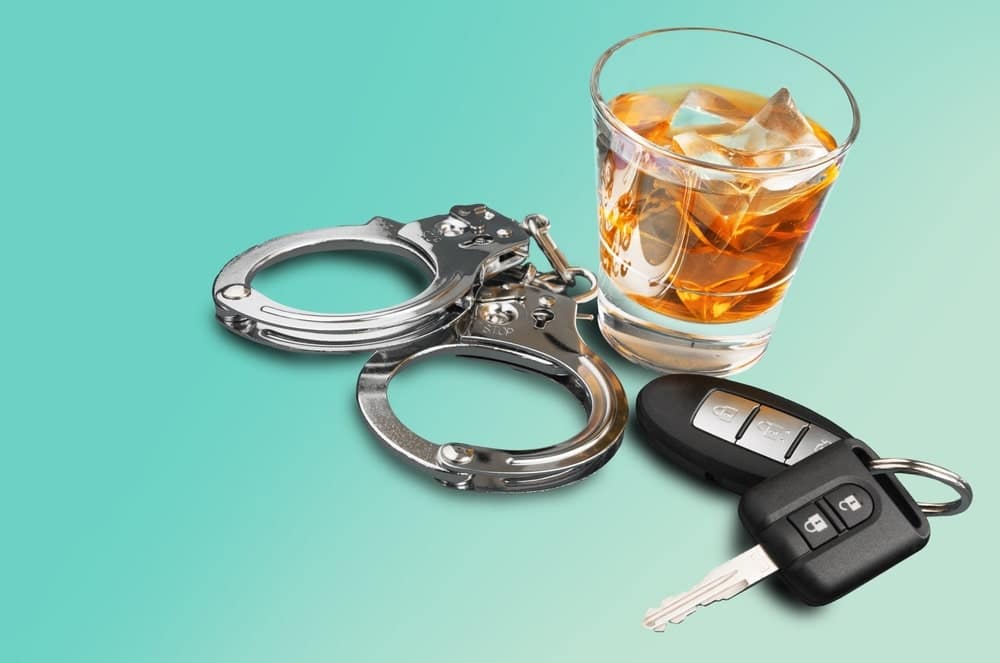
Reducing an OUI charge in Maine OUI charges are handled severely in Maine. For many people, a drunk-driving charge is their first time dealing with the criminal justice system and,[...]

Alcohol laws of Maine While you should be aware of the strict OUI laws in Maine, it’s also important to know about other ways you can face a traffic infraction[...]
